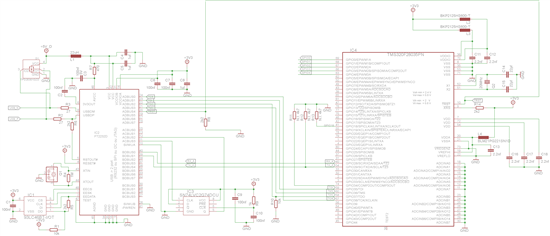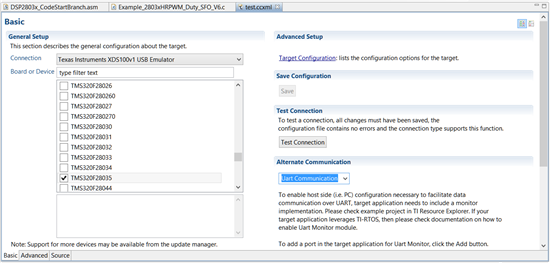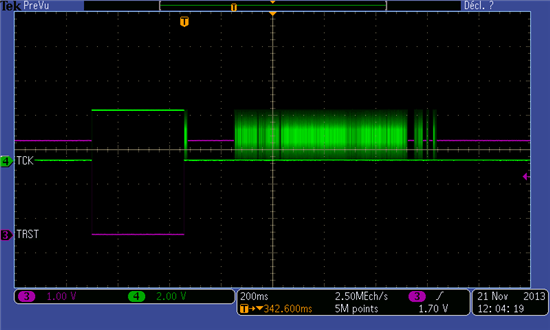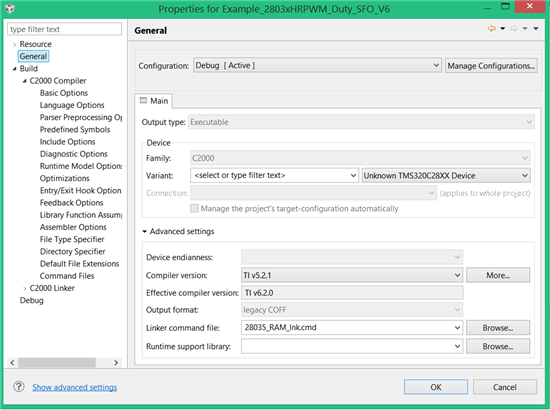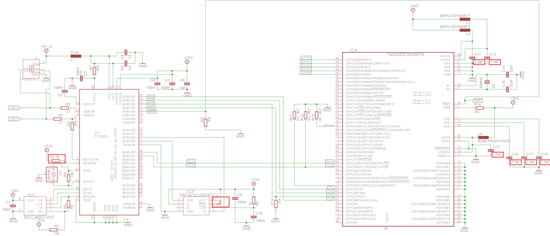Hello,
When the Debug launch on my card, I have this message
C28xx: GEL Output:
Device Calibration not complete, check if device is unlocked and recalibrate.C28xx: GEL Output:
Device Calibration not complete, check if device is unlocked and recalibrate.C28xx: Breakpoint Manager: Retrying with a AET breakpoint
C28xx: Trouble Setting Breakpoint with the Action "Remain Halted" at 0x8003: (Error -1066 @ 0x8003) Unable to set/clear requested breakpoint. Verify that the breakpoint address is in valid memory. (Emulation package 5.1.232.0)
C28xx: GEL Output:
Device Calibration not complete, check if device is unlocked and recalibrate.C28xx: Breakpoint Manager: Retrying with a AET breakpoint
C28xx: Trouble Setting Breakpoint with the Action "Finish Auto Run" at 0x8000: (Error -1066 @ 0x8000) Unable to set/clear requested breakpoint. Verify that the breakpoint address is in valid memory. (Emulation package 5.1.232.0)
C28xx: Can't Run Target CPU: (Error -1041 @ 0x0) The emulator reported an error. Confirm emulator configuration and connections, reset the emulator, and retry the operation. (Emulation package 5.1.232.0)
C28xx: Trouble Reading Register PC: (Error -1156 @ 0x0) Device may be operating in low-power mode. Do you want to bring it out of this mode? (Emulation package 5.1.232.0)
I created the card using the example of F2803xcontrolCARD-SCH[R1] and USBDockingStation_Schematic [R3].
My schematic :
A program for test is hrpwm_duty_sfo_v6 of example ccsv4 ( v121) for DSP2803x.
With this config:
I have program eeprom of FTDI ft232 like in wiki : http://processors.wiki.ti.com/index.php/XDS100
I have no idea if you have one ...


